There are already two blog entries here on this blog that dedicate their subject matter to the ‘To All The Boys I’ve Loved Before’ movie franchise and its spinoff series, ‘XO, Kitty’. Both of them, of course, had a lot to say about Noah Centineo’s beloved character, Peter Kavinsky. Fans swooned over Centineo’s return to the ‘To All The Boys’ universe. We also have another Noah Centineo-related blog post here, as we discussed his 2018 Netflix movie, ‘Sierra Burgess Is A Loser’, which was penned by literally everyone in the entire world, back in December. And we couldn’t get away from at least mentioning him here too. Season 2 of his Netflix series, ‘The Recruit’ is now available to stream.
This particular blog entry will also relate to the ‘To All The Boys’ movie franchise, as well as its spin-off series, but not in the way that you think. Instead of discussing any character, I want to discuss an actress behind a character instead, and that’s Janel Parish, who played Margot Covey, the oldest of the Covey sisters, and the one we get to know the least throughout. She also starred in ‘Pretty Little Liars’, as well as its spin-off, ‘Pretty Little Liars: The Perfectionists’. She also portrayed Young Cosette in a Broadway production of ‘Les Misérables’, and Jade in the teen comedy film, ‘Bratz’. In 2023, Parish finished in third place on the tenth season of ‘The Masked Singer’.
Not much is known about Parish’s personal life. We know that she married Chris Long, a chemical engineer, in 2018. Her father-in-law was killed in a car accident by a drunk driver two weeks before the wedding. Of that time, Parish previously told Entertainment Tonight in 2019, ‘We went to Hawaii and we had the most beautiful day, and during our vows, when Chris started talking about his dad, the sky opened up and it just started pouring rain on us. It was such a beautiful, I mean I don’t think anybody was dry eyed, like everybody cried because it was such a beautiful moment.’
This past June, Parish opened up further about her personal life and health struggles. On Instagram, she wrote, ‘I usually keep my private life private…but I wanted to share this if it can help other women suffering pain and not knowing why, I was diagnosed with Endometriosis and underwent surgery to remove cysts and scar tissue as a result of the disease. To my Endo sisters, there is so little information out there about this and there is no cure…so it is easy for us to feel helpless, scared and alone. Seeing other women posting about their experiences made ME feel stronger. I hope this helps to keep the conversation about Endo open and flowing, so we can raise awareness and life each other up. We ARE strong and we got this. I got you.’
For those of you that don’t know, Endometriosis is, according to the World Health Organization, “a disease in which tissue similar to the lining of the uterus grows outside the uterus. It can cause severe pain in the pelvis and make it harder to get pregnant.” It can start as soon as a woman’s s first menstrual period begins and last until menopause. The cause of endometriosis is unknown. There is no known way to prevent endometriosis. There is no cure, but its symptoms can be treated with medicines or, in some cases, surgery, like the one Parish underwent.
According to Parish, she was diagnosed with stage 4 endometriosis. There are 3 main points a woman can expect about her lifestyle choices and life expectancy following her finally getting the official diagnosis. These are:
- Not life-threatening: Endometriosis, even in stage 4, is not considered a fatal disease.
- Impact on quality of life: While not life-threatening, stage 4 endometriosis can severely impact a person’s quality of life due to chronic pain, infertility issues, and potential complications.
- Management with treatment: With proper medical management, including pain medication and surgical interventions, individuals with stage 4 endometriosis can still live full lives.
Most people, when they think of women struggling with illnesses like endometriosis or PCOS, they might think that they only have to do with and solely affect infertility. The reality is, however, it affects so much more. It affects a woman’s entire livelihood, and in some cases, since her teenage years. Bindi Irwin, the daughter of the late zookeeper Steve Irwin, has also struggled with endometriosis. In October 2023, age opened up about her journey with the illness on ‘Good Morning America’. She said, ‘Every test, every scan that I went in for came back completely clean. I was healthy. Nothing was wrong, which was just so strange. It was this feeling of devastation because there was no answer. There was no clarity [as] to why I was feeling this way. And the fact that every month it would just get worse and worse and worse.’ She even recalled thinking she was miscarrying when she was pregnant with her daughter, Grace Warrior, due to the pain that she suffered. She said, ‘It would just be excruciating pain in my side. And I would think that I was losing our beautiful daughter…. I had no idea about what was happening. And so now I have answers. But at the time I was terrified every day that I was going to lose our beautiful daughter. For me and Chandler, we’re so lucky to have Grace. So many women can’t fall pregnant because of problems with endometriosis.’
Of her life post-surgery, Irwin said, ‘And now I’m a completely new person. I’m actually able to go on a walk with my family. I’m able to do the conservation work that I am so, so passionate about. I’m able to be there for our daughter. Finally, I’m able to run around with her, to play with her, to have fun and revel in her joy instead of just trying my best to pick her up and carry her and not just want to fall over or curl up. Maybe my story resonates, that maybe if you’ve gone through undiagnosed, unbelievable pain. You will be able to say, ‘Hey, that girl has symptoms similar to mine. Maybe this is what’s wrong with me.’
I was never diagnosed with endometriosis. However, I was diagnosed with PCOS (polycystic ovary syndrome). I could relate to everything both Parish and Irwin have said about going through such a hormonal illness. I was only officially diagnosed with PCOS while going through fertility treatments. I started experiencing the symptoms of PCOS, however, in my teen years. My symptoms were male-pattern hair loss, excessive hair on my face and body, weight gain, irregular periods, acne, and of course, infertility. It’s also very important to consider that women with PCOs are more likely more health conditions due to PCOS that include:
- Type 2 diabetes
- Hypertension (high blood pressure)
- High cholesterol
- Heart disease
- Endometrial cancer (cancer of the inner lining of the uterus)
PCOS can also cause women to suffer from depression and anxiety, which then leads to frictions in life areas such as family, relationships, work and involvement in the community. It certainly created frictions in my own life and in my own relationships with family, friends, and romantic relationships. In my younger years and my early 20’s, I was so self conscious about my appearance that I just didn’t want to get out of the house most days. I didn’t feel feminine. I understood that it took more than my appearance to make me a woman, and yet… society, especially at such a young age, will tell you otherwise. Living in a world where a woman’s appearance and femininity is the make-it-or-break-it to a her success, her looks will have a direct impact on the people and the opportunities that she attract in your life. As young woman who was getting ready to ‘spread her wings and fly’ into the real world, it was a tough pill to swallow. My PCOS made me feel ugly in a world where beauty was everything.
In my youth (not that I’m old now), I was going from doctor to doctor, specialist to specialist, to try to get answers. Each one of them said the same exact thing – all the symptoms I was experiencing was due to stress. I’d be asked such absurd questions such as on family history with mental illness, what stress in my life I’d gone through, etc. The entire experience was so invasive. On a personal level, I could compare going to the doctor’s office to being raped. Going from one doctor and specialist to the next could be compared to an experience of abuse. And I should know, because I’d gone through both rape and abuse.
Most people, when they think of rape, they think of physical rape, which is, in a nutshell, sexual rape. Sexual rape is a violation of the human body. But there’s also something that’s called emotional rape, which is a violation of the human soul. Michael Fox (not to be confused with the actor and advocate, Michael J. Fox), wrote an entire book about emotional rape in the 90’s. Getting to know of this was absolutely life-changing for me. It answered so many questions I’d been having about my life and the trauma I’d endured. For years and years, I didn’t understand why rape and sexual assault was such a big part of my essence. It almost became my existence.
And then I understood that my experience with rape and abuse didn’t end with the physical, sexual rape I’d endured. It continued on for years thereafter. It wasn’t just in me trying figure out what was wrong with me when I was trying to get answers for my struggles with hormonal imbalances, but in the years that followed me surviving a car accident and the epilepsy diagnosis that followed. Those years that I was in and out of doctors’ offices and hospitals were so brutal. Strangers in white gowns were telling me what pills to put in my body. I had doctors decide for me what I should or shouldn’t be doing with my own body and mind. I finally had enough of this endless cycle during my pregnancy; after my neurologist told his secretary he didn’t have time for me when I called his office asking for an earlier appointment after I suffered a grand-mal seizure at 33 weeks pregnant.
And the rape and abuse women endure at the hands of the medical system doesn’t end there. In her new book, ‘Brooke Shields is Not Allowed to Get Old’,the actress wrote about a procedure that was done to her by a doctor without her consent. She wrote, ‘I was horrified, but also at a loss. I didn’t want to sue this man — or maybe I did want to, but I didn’t feel I could — because I didn’t particularly want talk of my lady parts, once again, on the front page of every paper. I was in there for four hours, and you know what I did? I tightened you up a little bit! Gave you a little rejuvenation! He acted as if he’d done me a favor. But I had never asked to be ‘tightened’ or ‘rejuvenated’ (translation: given a younger vagina). I felt numb. This man surgically altered my body without my consent. The sheer gall of it enraged me. The fact that the most intimate parts of my body had been a public focal point for so long … it was enough already. Had I been happy with the results of the procedure, I still would have been angry that he did it without my consent. But as it turns out, I wasn’t happy with the results, and haven’t been since.’
I could wholeheartedly empathize with every word Shields had written in the book about the matter. Even more so, the actress wrote a book in the mid 2000’s on her struggle with postpartum depression following the birth of her first child, Rowan. In ‘Down Came the Rain: My Journey Through Postpartum Depression’, she very bravely, during a time where it was a taboo topic to even discuss, that she took antidepressants to cope. In a 2005 interview with Access Hollywood, Tom Cruise, a Scientologist, shamed her for her decision. He said, ‘When someone says (medication) has helped them, it is to cope, it didn’t cure anything. There is no science. There is nothing that can cure them whatsoever. I care about Brooke Shields because I think she is an incredibly talented women, (but) look at where has her career gone.’ Cruise also added that women could cure their health struggles with vitamins and exercise. It was an aim to promote Scientology. He told Matt Lauer that psychiatry is a pseudo-science, that drugs aren’t the answer, and called Shields irresponsible for using science as a means to ‘cure’ her illness.
Shields was angered at first, and even wrote an op-ed letter for The New York Times criticizing Cruise for her decisions on how to treat her health. At the 2024 PHM HealthFront, the actress further opened up on her fertility journey and Cruise’s commentary on her health. She said, ‘I was deadened, and it terrified me because I wanted to have a baby so badly. I went through IVF seven times, and so the journey was such a fraught one. You (Cruise) gave women in particular — they were so angry — you gave them a reason to fight for something they didn’t even know they wanted to fight for. So it actually, ironically, helped the platform because everybody was talking about it. It sort of backfired. Way to put it into pop culture. I’m not an expert. I’m just a woman who’s gone through that and wanted to help other women get the help that they deserve.’
My own fertility journey was anything but easy. It took me 4 years to finally get pregnant and have it last full-turn. I had a total of 6 miscarriages in those years. Those 4 years affected me emotionally, mentally, and physically. I was a wreck. I was running deep. When my IVF cycle failed, I was ready to give up on ever having children. I even told my husband that I was fully prepared to live a child-free life. My husband was disappointed, at I was very adamant that at the end of the day, it was solely my decision. My body, my choice. I ended up getting pregnant with my son full 3 months after that failed IVF cycle.
Getting to be pregnant was pure joy for me, but not without any hiccups. I suffered two grand-mal-seizures while my son was in my womb. I was lucky to be alive. Suffering a grand-mal seizure during pregnant could not only cause damage to the fetus, but the pregnant woman as well. That’s one of the reasons why epileptic women are told that it’s not safe for them to get pregnant. The other reason being that there are anti-seizure medications that are specifically not safe to intake during pregnancy. From the time that I was forced to take anti-seizure medications, I consistently advocated for myself in only being prescribed medications that were safe during pregnancy.
I ended up giving birth to a healthy baby boy. The seizures I suffered during the pregnancy didn’t affect him at all. Him finally being here and seeing him happy and healthy was a blissful time, or at least it was supposed to be. Don’t get me wrong; I feel so privileged and blessed that I have a healthy child. I know many, many couples don’t. I just wasn’t feeling the joys of motherhood. On the contrary, motherhood seemed ugly to me. There were times I thought to myself, ‘Why the f*ck did I even do this to myself?’
I felt guilty. I worked so hard to become a mother, and when it finally happened to me, I almost wish I could go back in time to have never gotten pregnant. Postpartum depression was taking over me, my child, and my happiness. I was losing my mind. Every time my son cried, I felt disgusted. All I could do at times was scream, ‘SHUT UP!’ I’d get frustrated every single day. I’d get agitated, angry, defeated. And every time, I’d attempt to communicate my feelings to my husband, he’d simply laugh and giggle and say, ‘You signed up for this.’ All I wanted to do was cry each time. My husband, the person closest to me, couldn’t find a way to understand what I was telling him. Everyone around me was telling me what a great kid my son was, and I couldn’t see it.
The turning point was hearing the news of my friend, who wouldn’t even hurt a fly, murdered her child when my son was over a year old. The woman I knew her as was the nicest person. The kindest, purest, innocent person I ever knew. She had something maternal about her, always, and if anyone deserved to be a mother and have a great life, it was her. It was a pivotal moment for me. It made me want to finally get better, and it made my husband finally understand that he needed to show even a little more compassion and empathy towards me when I try to communicate with him of my struggles.
And so, I decided I wanted to get professional help, and I had the full support of my husband. I actually decided to get professional help long before that, but my husband laughed the idea off, and therefore so did I. The problem was, however, that help wasn’t available. It still isn’t available. Even after breaking down in tears in front of my family doctor, help still isn’t available. Im still waiting for a psychiatrist, any psychiatrist, to take me in as their patient. I’m on my own when it comes to trying to better myself. The medical system gives 0 f*cks. I’m just fortunate enough to have the support of my family, friends, and most importantly, my husband. And if you’re reading this, just know there’s no shame in getting professional help after becoming a mother. There’s even no shame in disliking being a mother. There’s absolutely nothing glamorous in becoming a mother, and I think there’s a misconception about that. I think that was what my friend initially thought when she was pregnant; at least that was my impression.
In hindsight, I took the Tom Cruise route in my recovery from depression. It wasn’t by choose, however. It was for that women aren’t taken seriously in healthcare. It’s not just in US or Canada, but everywhere in the world. Dr. Kate Young, a public health researcher at Monash University in Australia said, ‘For much of documented history, women have been excluded from medical and science knowledge production, so essentially we’ve ended up with a healthcare system, among other things in society, that has been made by men for men. The historical hysteria discourse was most often endorsed when discussing ‘difficult’ women, referring to those for whom treatment was not helpful or who held a perception of their disease alternative to their clinician. Rather than acknowledge the limitations of medical knowledge, medicine expected women to take control (with their minds) of their disease (in their body) by accepting their illness, making ‘lifestyle’ changes and conforming to their gendered social roles of wife and mother. Moralising discourses surround those who rebel; they are represented as irrational and irresponsible, the safety net for medicine when it cannot fulfil its claim to control the body.’
There’s much to discuss in the drastic differences in how men and women are treated when it comes down to health. In most cases, men are seen as brave, whereas women are seen as emotional and crazy. That’s why women are dismissed time and time again. That’s why women are told time and time again that whatever they’re going through, whatever discomfort or pain they might feel, is just stress. In society, women are meant to become mothers, and that’s the only time when their health is taken seriously. There’s the before getting pregnant, as well as the process to get pregnant, and then there’s the during pregnancy. Once women give birth, however, they’re the forgotten ones. The healthcare system provides help when the time comes for women to even think about kids, but no support is available when the kids are in their mother’s arms and the hardships that come with kids arise. And then there are men who are judgemental of women’s health. This refers to the phenomenon where men often dismiss or downplay women’s health concerns, often based on gender stereotypes, leading to a lack of proper medical attention and understanding of women’s unique health issues; this can include judging women for expressing pain, dismissing their symptoms as “all in their head or assuming their health concerns are less serious than men’s. This can be compared to how my husband dismissed my health concerns following the birth of our son, as well as male figures in the medical system such as how my neurologist said he didn’t have time to see me following my grand-mal seizure during pregnancy. I also had two different neurologists who laughed at my face when I voiced my concerns following me just being diagnosed with epilepsy. In short, the 3 key factors in such issue are:
- Gender bias in healthcare: Historically, medical research has often primarily focused on male bodies, leading to gaps in understanding women’s health needs and potential misdiagnosis when applying male-centric medical knowledge to women.
- Pain perception stereotypes: Women are often perceived as being more “emotional” and prone to exaggerating pain, leading to healthcare providers potentially not taking their pain complaints seriously.
- Social stigma: Societal expectations about women’s roles can also contribute to the dismissal of their health concerns, with some men viewing women’s health issues as a sign of weakness or inconvenience.
Janel Parrish revealed on Sasha Pieterse’s, her former ‘Pretty Little Liars’ co-star, ‘Women In Nude’ podcast, that she was only diagnosed with Endometriosis once she and her husband started trying for a baby. Pieterse, who has a 3 year old son, was diagnosed with PCOS after she went to 17(!) different specialists as she gained 70 pounds at age 17. On ‘The Squeeze’ podcast, she said, ‘This is part of the health issues that I was speaking of while I was going through ‘Pretty Little Liars’. The changes that were happening to me were documented on camera. I never had a regular period ever and I was just always told by gynecologists that I was just young. Like, ‘Don’t worry, it’ll regulate.’ When I turned, it was probably around 15-16, that I started noticing a difference in just my metabolism in general. At 17, I gained 70 lbs. in the year, for no reason. There was no explanation for it. It was the most frustrating experience and disheartening because no matter what I did, no matter how well I behaved, no matter how great I treated my body, things were actually getting worse rather than better, it was very very confusing. So after a long process, someone recommended that I go to an endocrinologist. I was like, ‘What’s that?’ I’d never heard of PCOS before. And it’s a disease, it’s not curable, it can be dormant, that’s — at this stage — that’s what they know. And the most frustrating part about this is that it’s fairly easy to diagnose. And really what it is, it’s a hormone imbalance, it’s a hormone disease and it’s so easy to see because your testosterone or your estrogen will be really high, you’ll have really low vitamin D levels, you’ll be deficient in a lot of things. You won’t have a regular period, but the catch is, a lot of other things look different, so every woman, everyone has a different experience with it. It could be your period, it could be weird hair growth, it could be major gastro issues, it could be crazy cysts on your ovaries, it could be weight gain. I had a lot of those outward symptoms that everyone could see.’
The subject of women’s health was a heavy one when Parrish appeared on ‘Women In Nude’. It was something both Parrish and Pieterse could relate to. Parrish put an emphasis on the fact that she got diagnosed with Endometriosis quickly, and even belittled her own experience when comparing it to that of Pieterse. What I loved about the conversation was that Pieterse reminded Parrish that even though she got diagnosed quickly, it didn’t mean that she had an easy time. And even so, Parrish did say that she, too, saw a specialist after specialist. The fact that she only got diagnosed quickly because of her and her husband trying for a baby, like me, vs. how Pieterse was diagnosed before she even thought of getting pregnant was very telling of how women are treated in healthcare and how they’re viewed by society.
Let’s get one thing straight: We, women, are more than just about making babies. We are complex individuals with diverse identities, ambitions, and life goals that extend far beyond motherhood, encompassing careers, personal pursuits, relationships, and creative endeavours. We deserve equal care and attention when it comes down to our health. We deserve to be taken seriously. More and more women now make the choice to not have babies. What about them? What will it take for them to be quickly diagnosed with their hormonal dysfunctions? For any woman out there who’s looking to find ways to get diagnosed and not getting the answers you’re looking for because you’re not getting pregnant any time soon, here’s your guide:
- Pelvic exam – A pelvic exam can help identify cysts or tumors that may be affecting hormone production.
- Ultrasound – A ultrasound can create images of your ovaries, uterus, thyroid, and pituitary gland.
- Blood test – A blood test can measure hormone levels like estrogen, testosterone, and cortisol
- Saliva test – A saliva test can measure hormone levels like estrogen, progesterone, and testosterone
And healthcare providers – Please do better. Please start take women more seriously. Please don’t be dismissive. Please be more empathetic when women come to you with their struggles. You can do so by:
- Communicate clearly: Provide clear communication, such as reporting test results in an understandable way.
- Listen: Listen to women’s concerns and validate them.
- Ask open-ended questions: Ask questions that encourage patients to share their concerns.
- Be aware of bias: Recognize that everyone has biases and how they can affect healthcare.
- Educate themselves: Learn about the differences in women’s symptoms compared to men.
- Consider gender: Consider how gender might affect a patient’s experience and treatment.
- Develop relationships: Develop relationships with patients across stages of life.
- Partner with the community: Partner with community organizations to provide support and education.
- Fund research: Fund research that includes women and addresses gaps in knowledge.
- Hold people accountable: Hold people accountable for biased or discriminatory behavior.
Our Most Popular Posts
Sign up to our newsletter if you want to see more content from The Graceful Boon! By signing up to our newsletter, you'll get an even more in-depth content from yours truly, Stacie Kiselman, who's our Graceful Boon, that you won't want to miss out on.

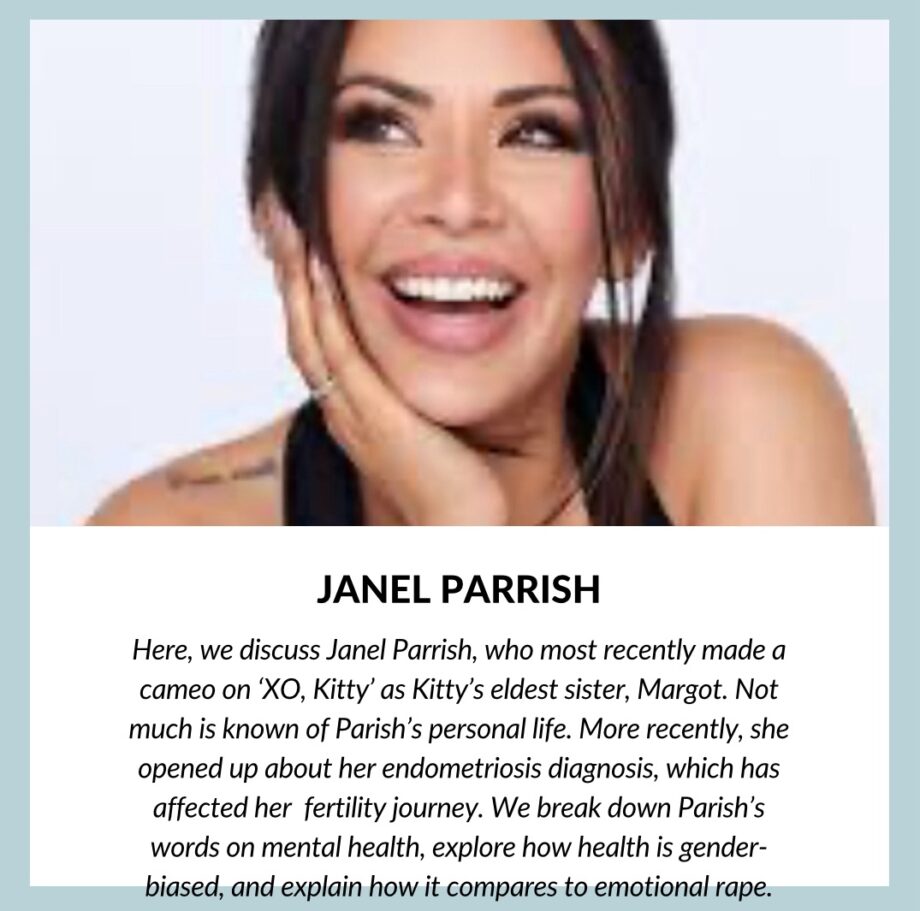


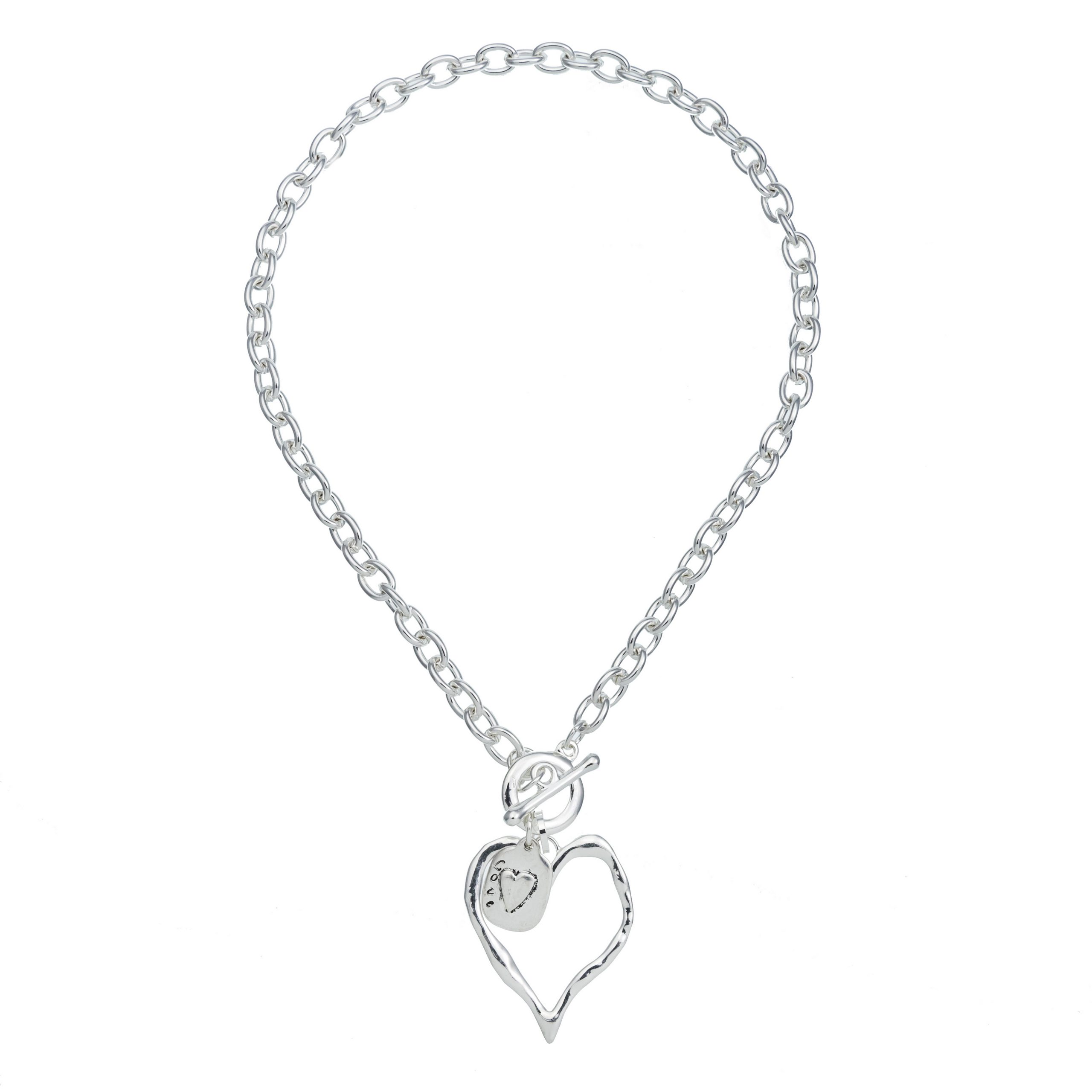

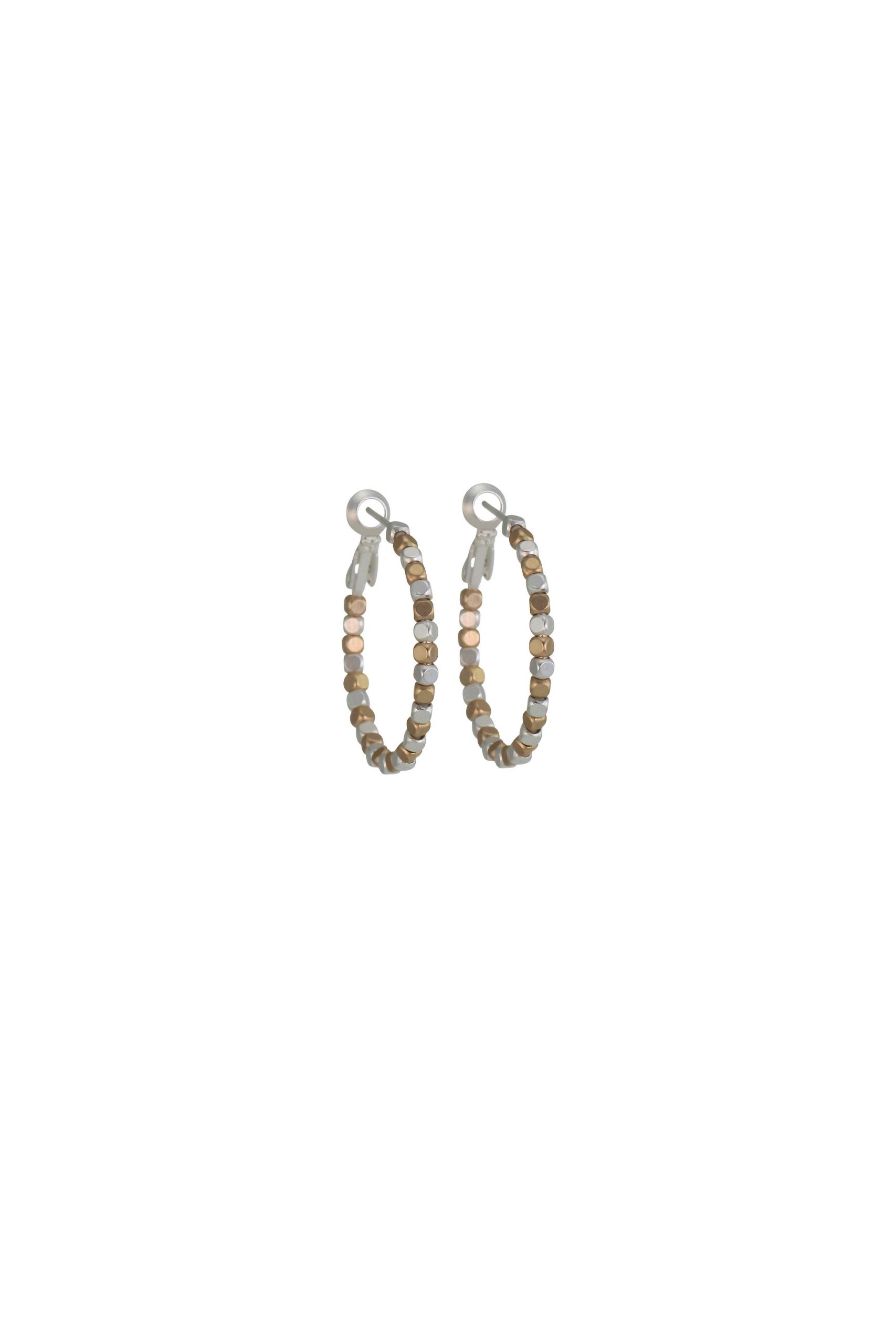


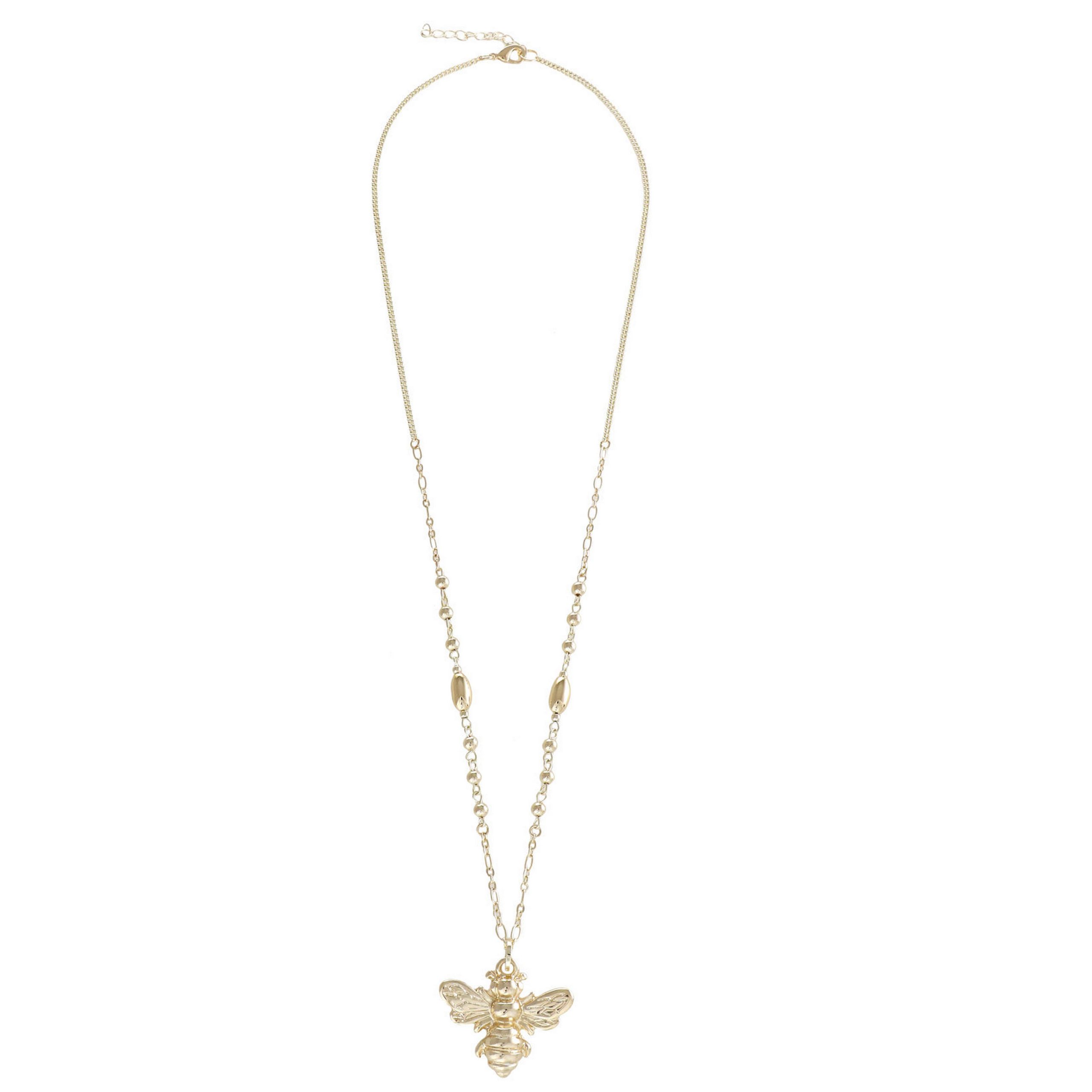
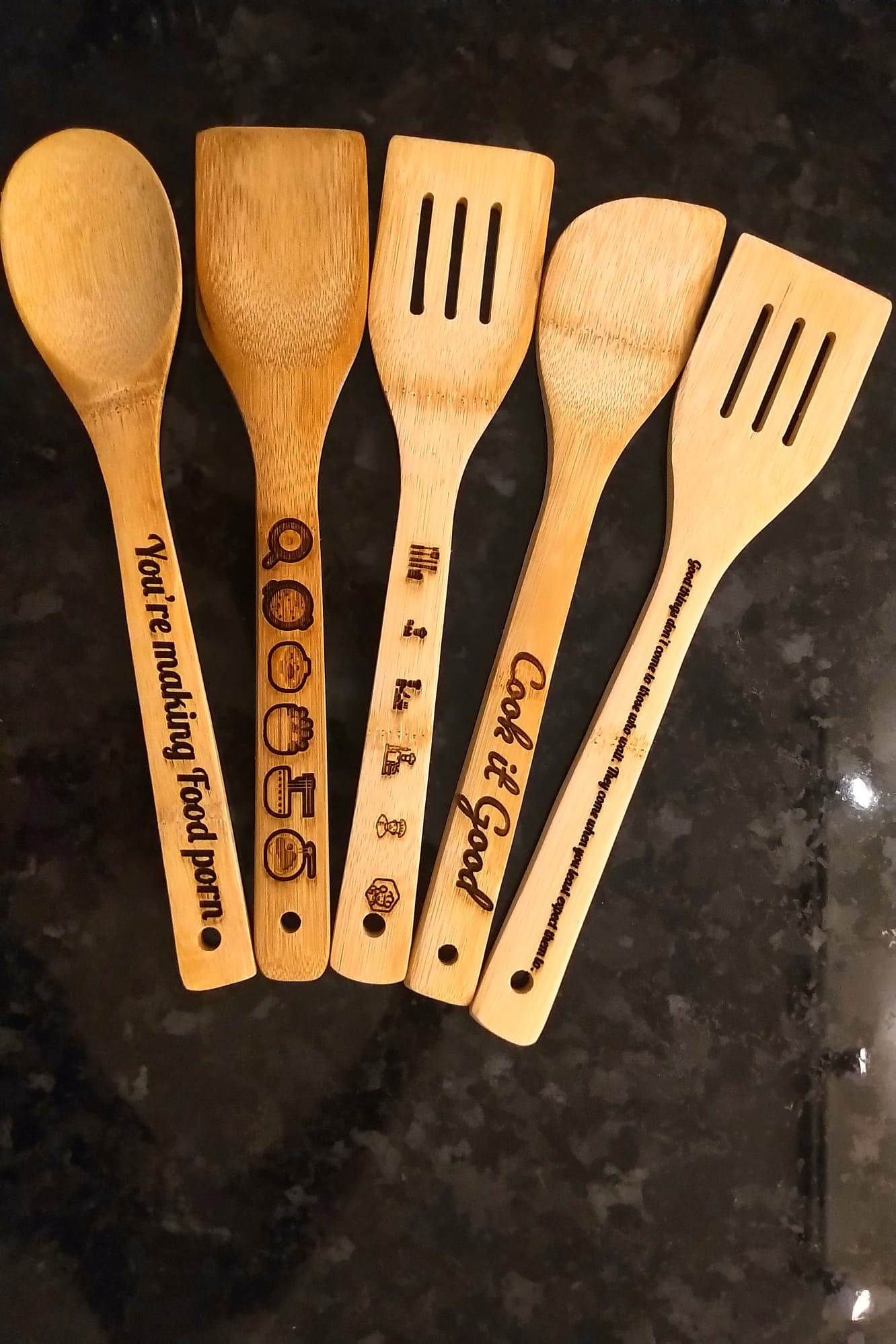
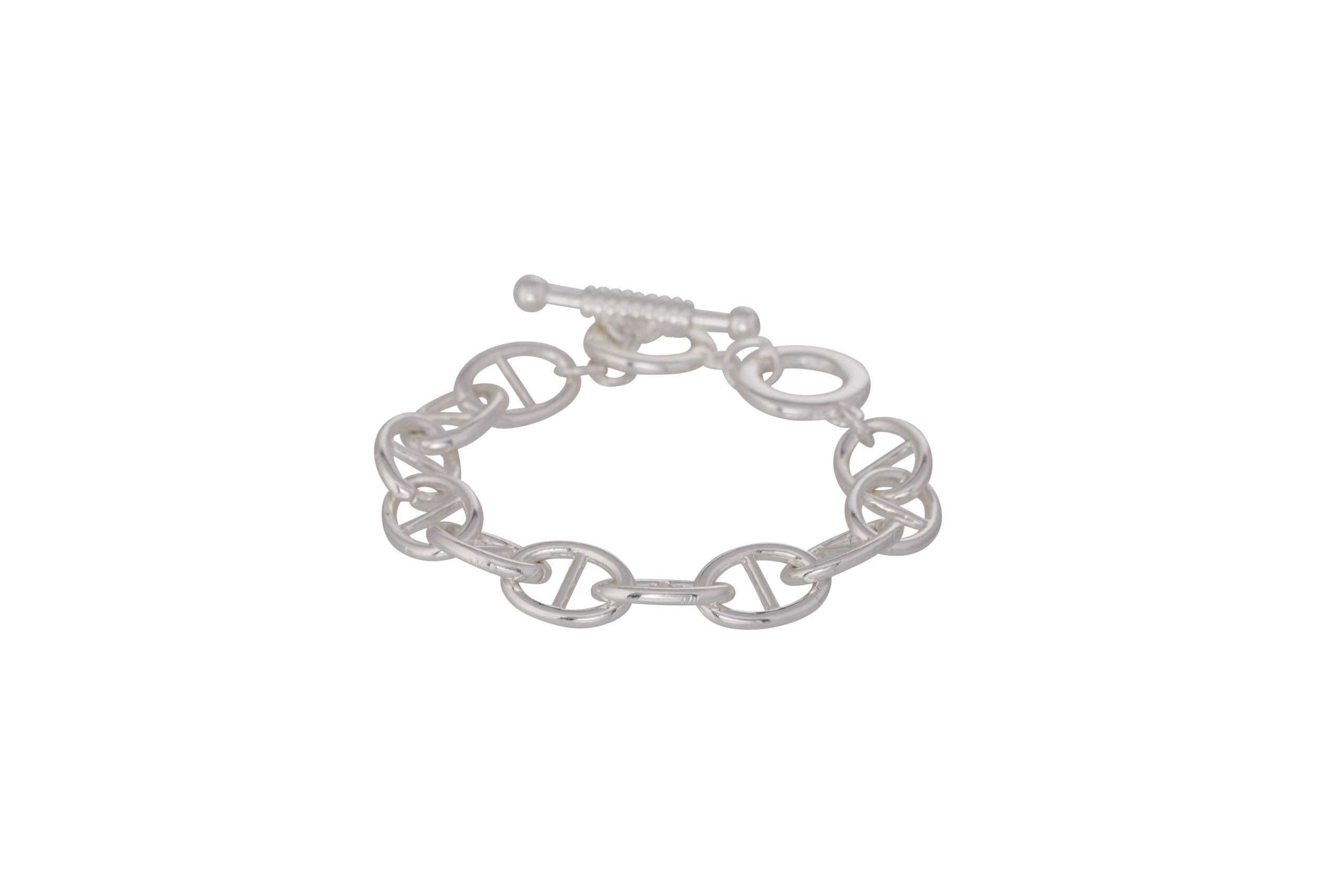
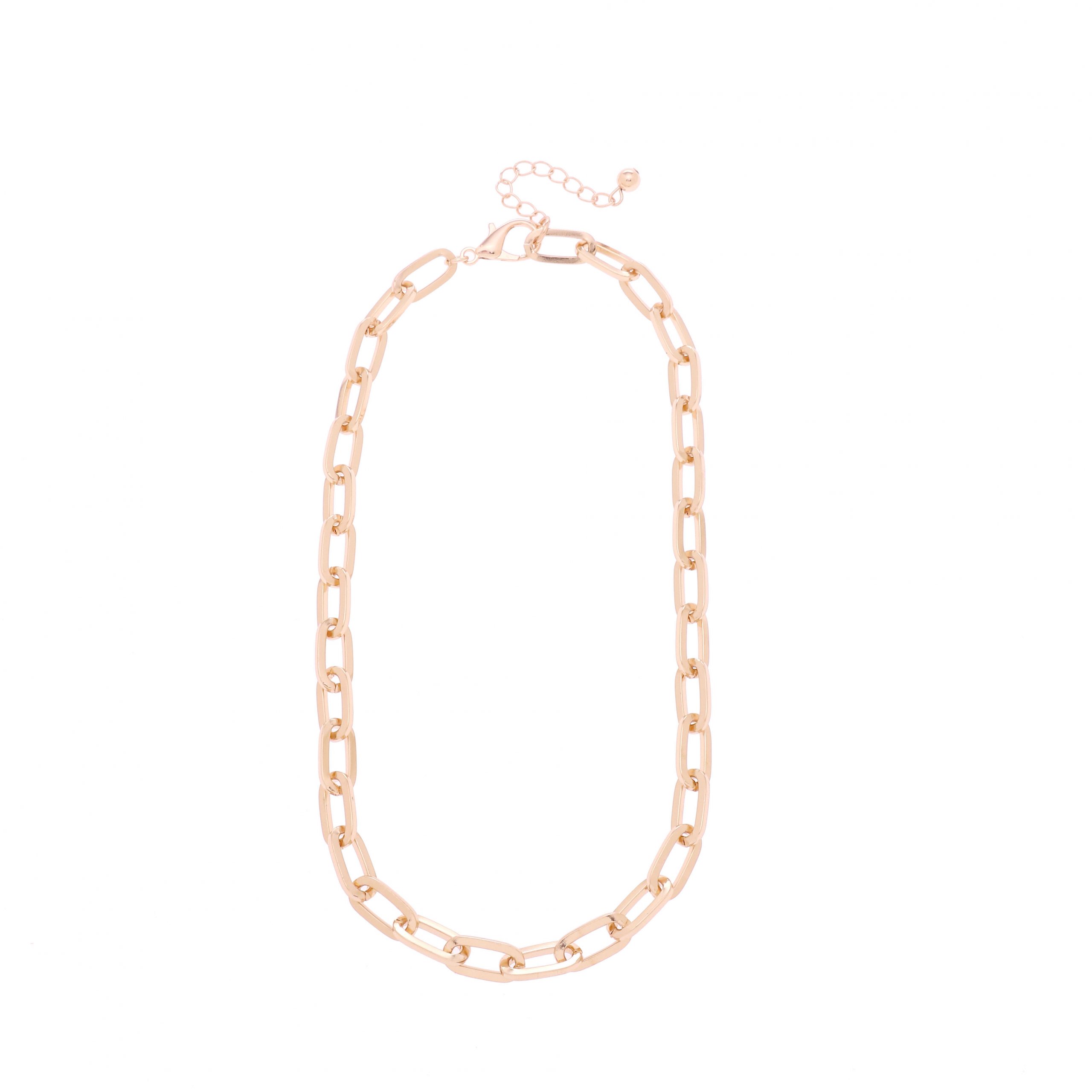
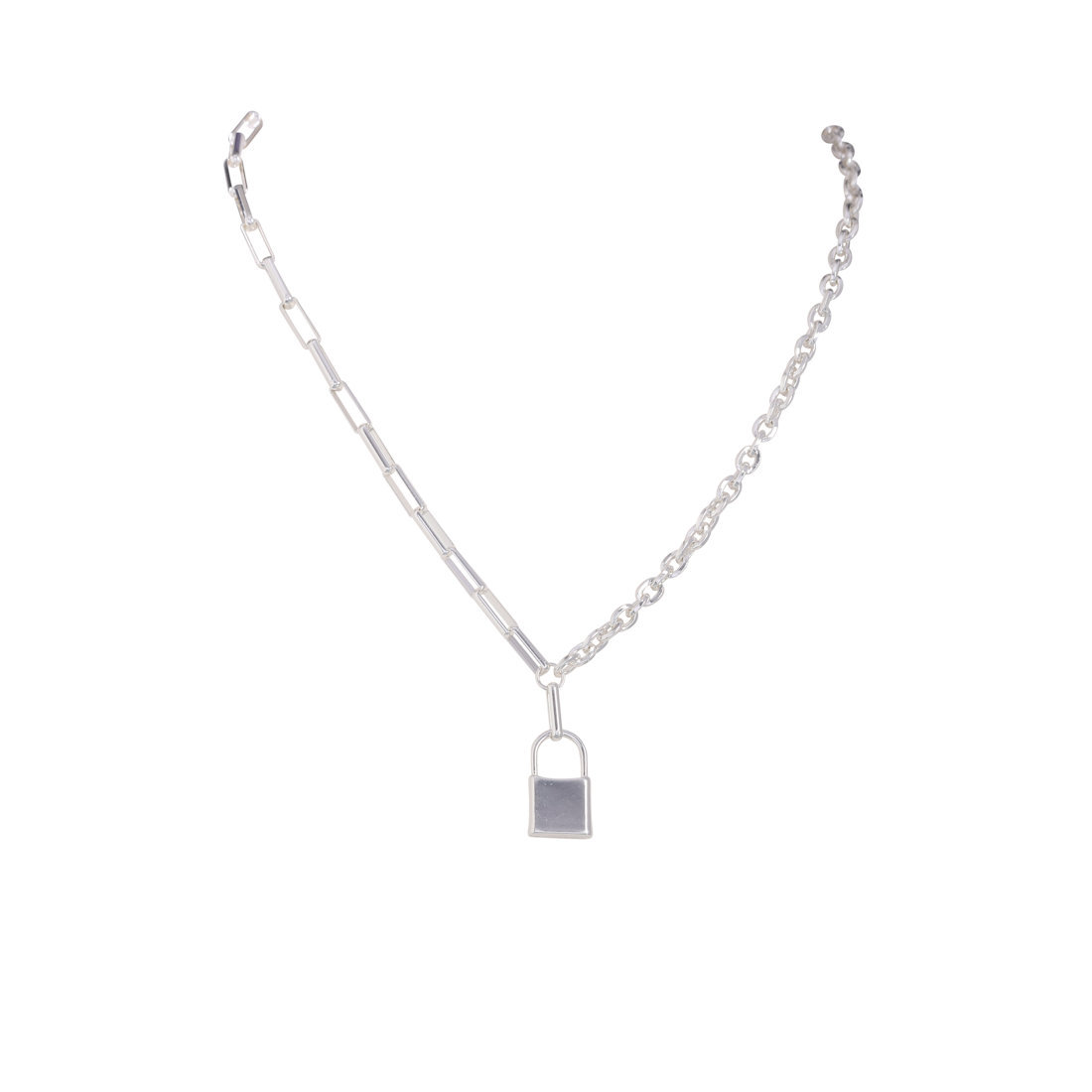

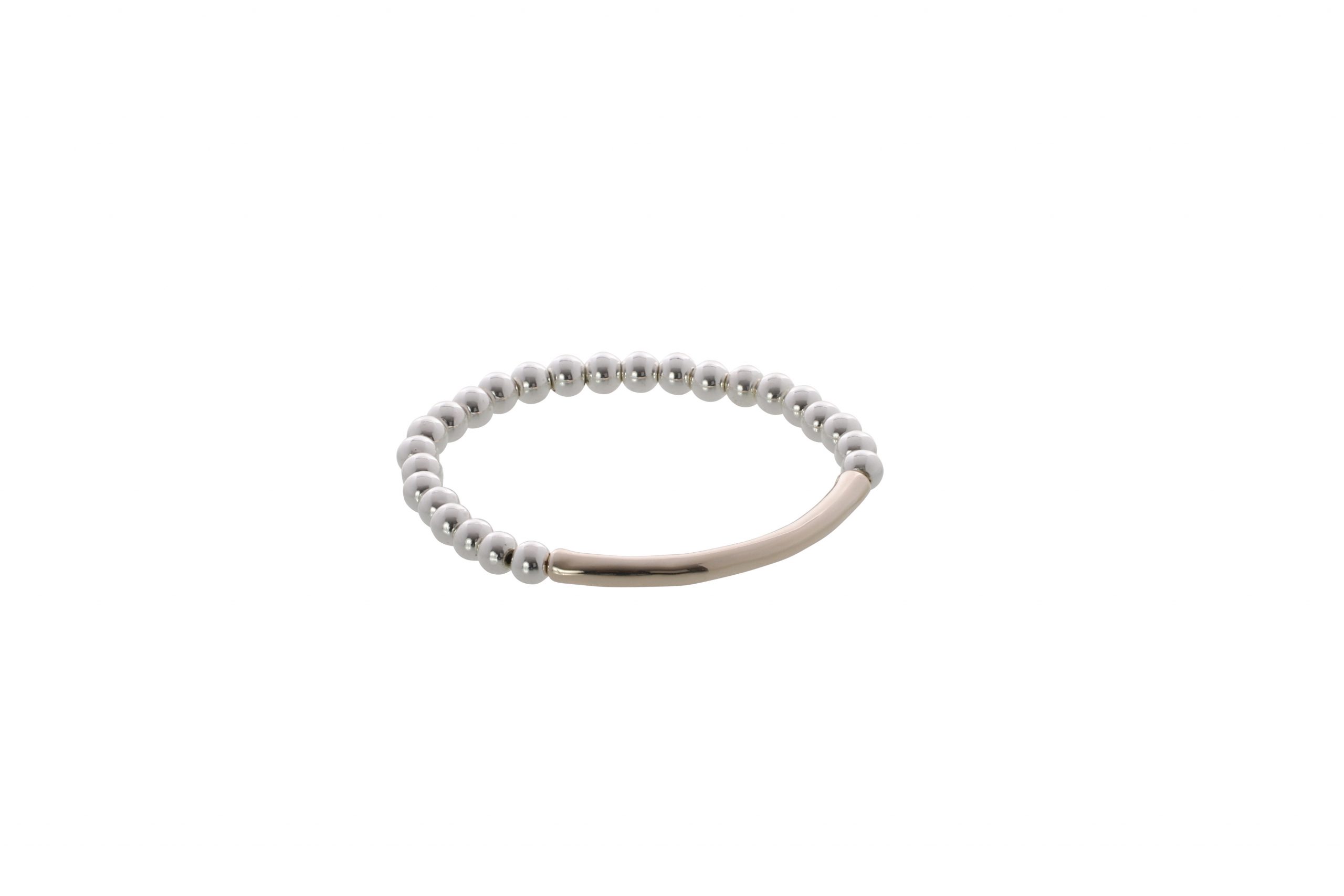
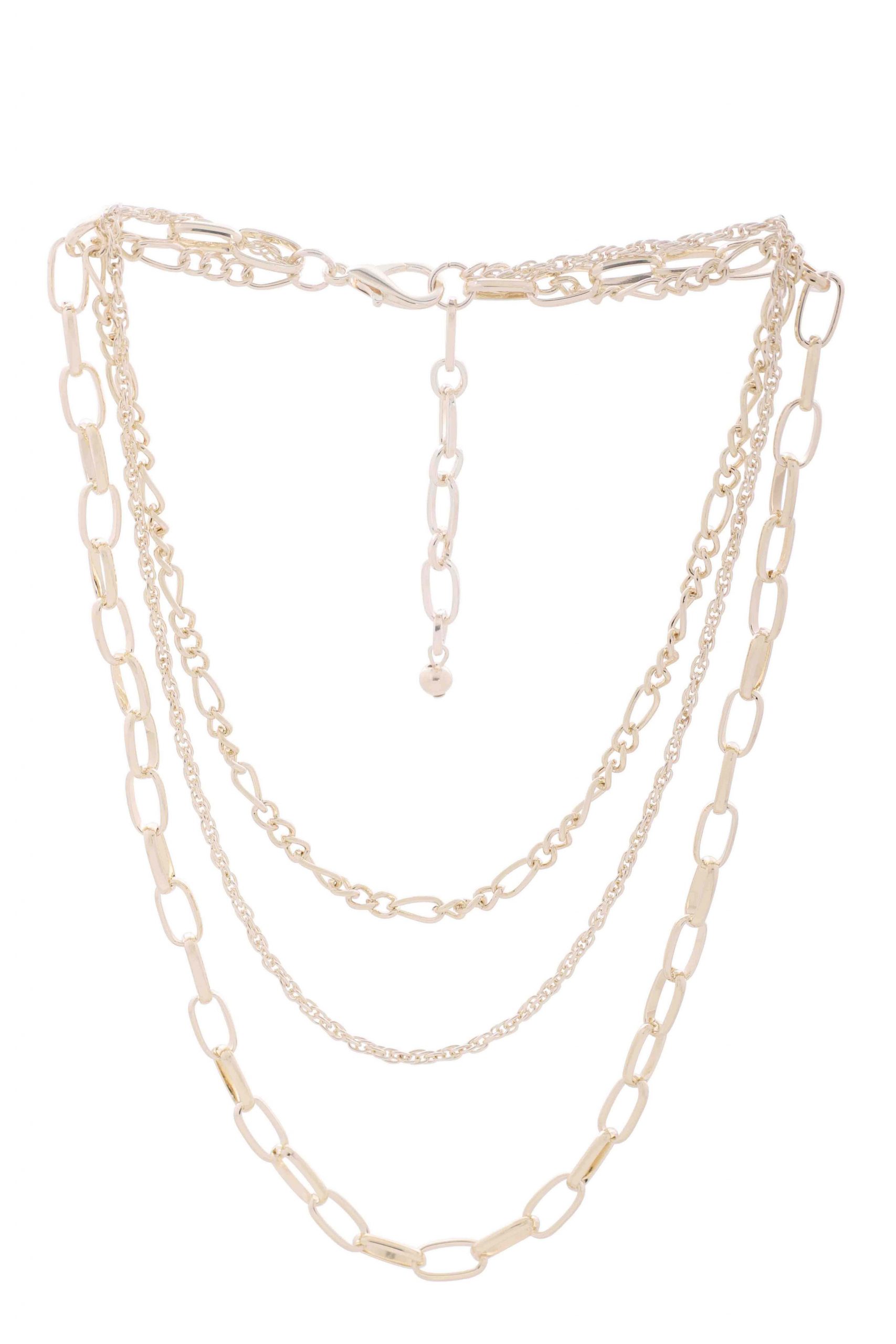
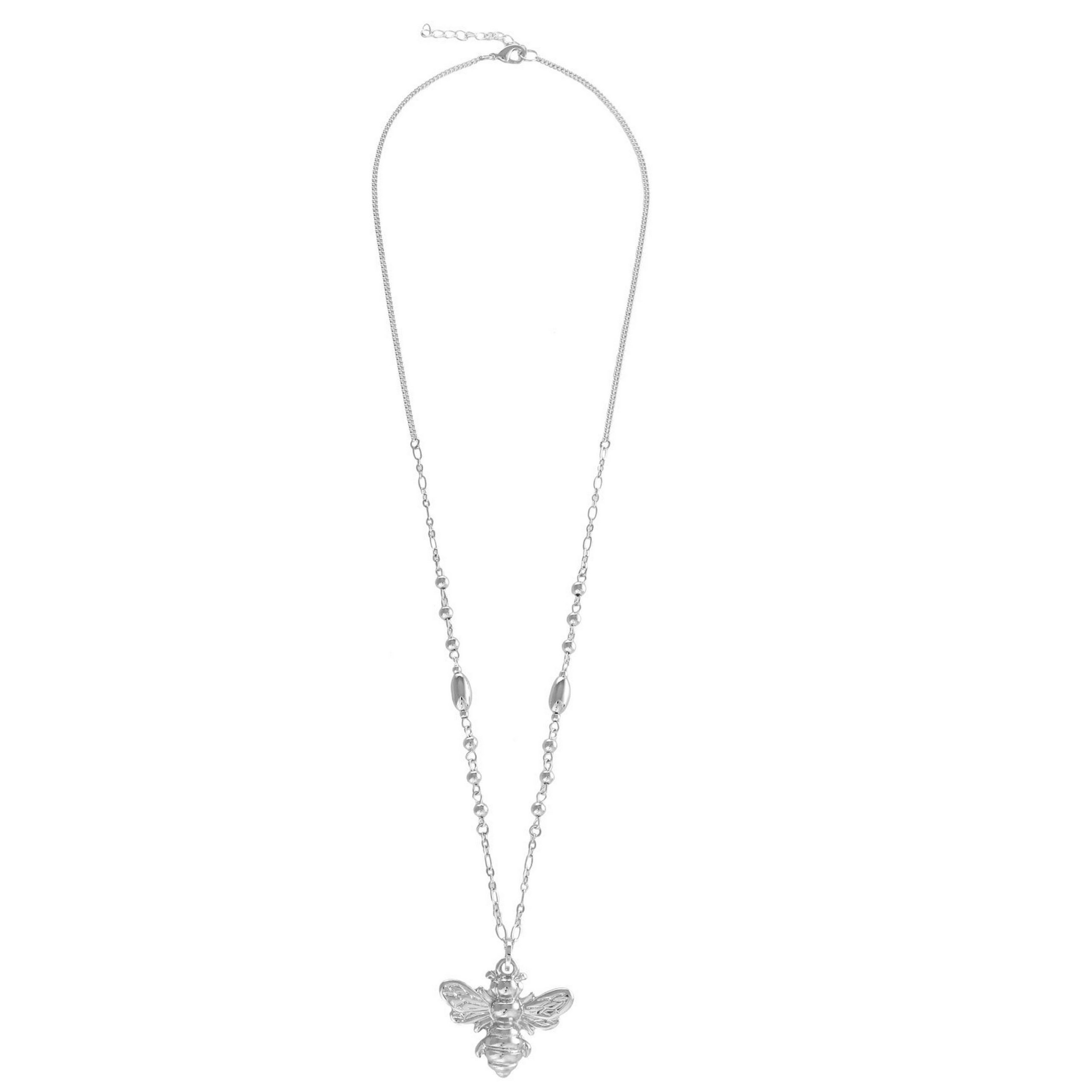
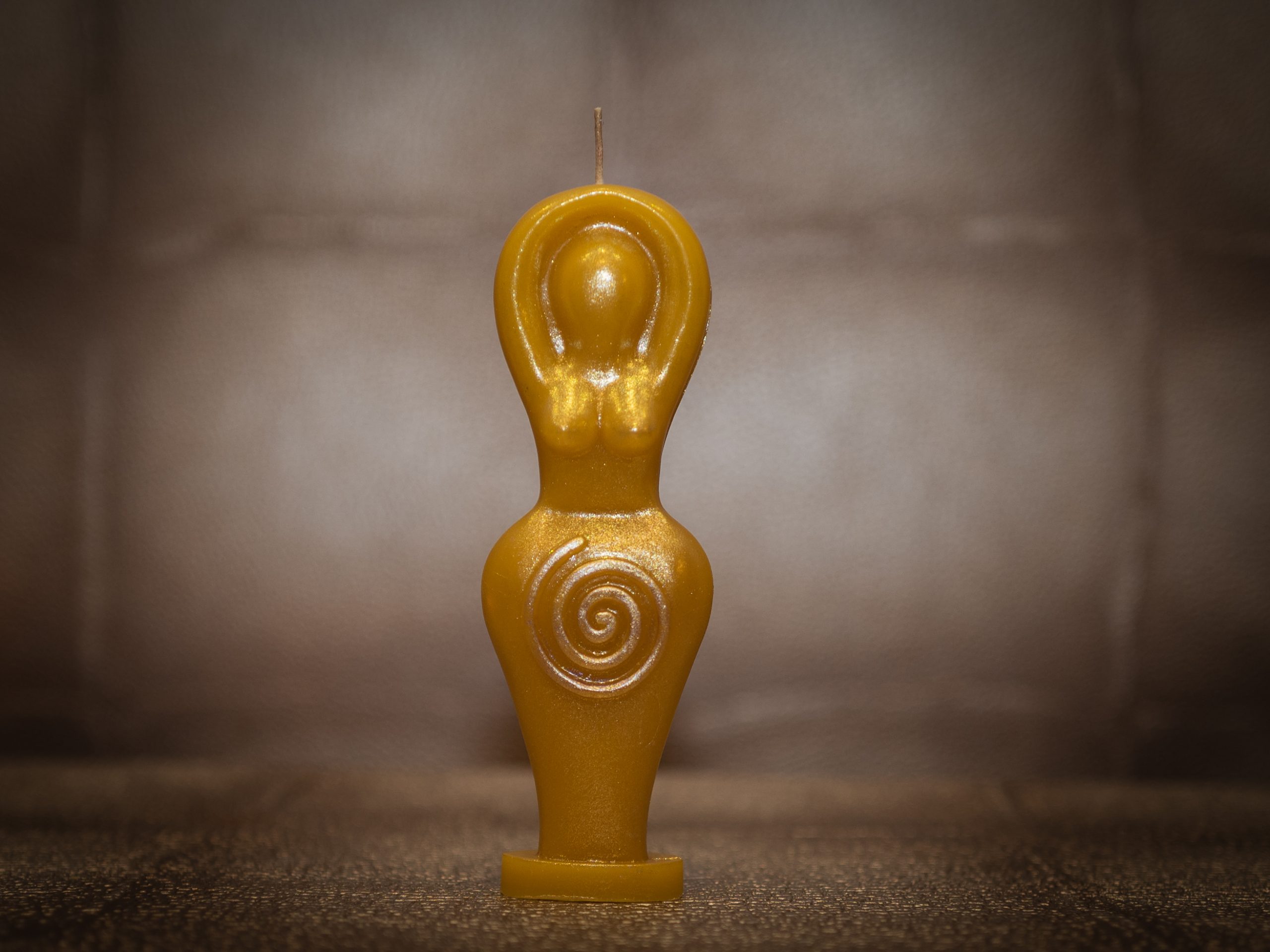


I have never watched this show but this is a very interesting article and may have to check it out 😉 Lots of great posts supporting it…. love it!
I went through PPD and it was the hardest thing that I reached out to get help with.
This post was beautiful. Thank you for sharing!